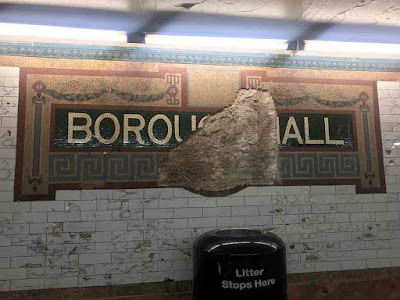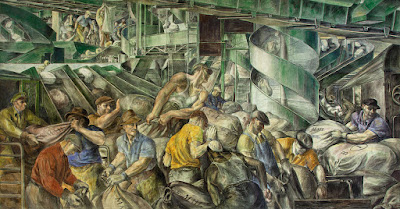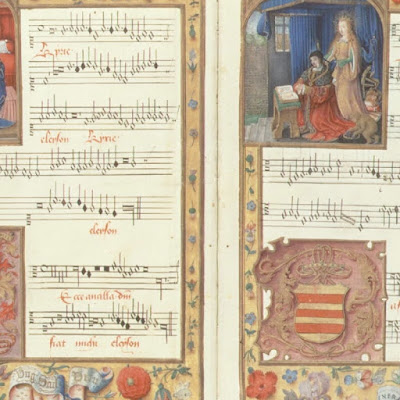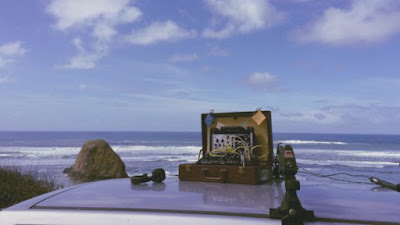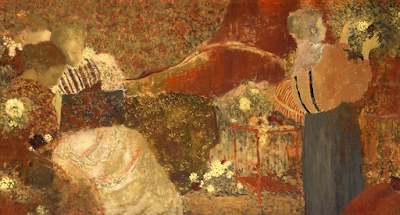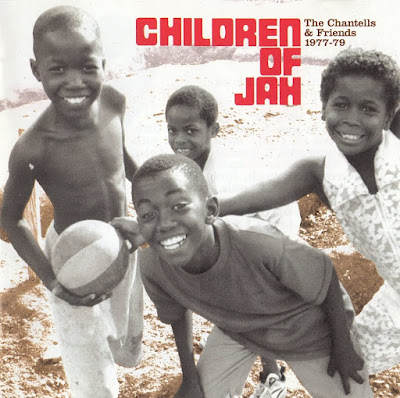
"The musical engine driving today’s Caribbean Carnival celebrations from Barbados to St. Vincent, soca began its life as an experiment in 1970s Trinidad & Tobago. Seeking to create a musical unity between his twin-island republic’s East Indian and African populations, Trinidadian music icon Lord Shorty inserted the dholak and dhantal into the Afro-Creole rhythm of calypso on 1973’s 'Indrani,' sketching out a new hybrid sound he first dubbed 'the soul of calypso.' Other calypsonians would follow Shorty’s lead, putting aside the pointed political commentary of Trinidad’s original musical export to turn up the party vibes. It would be a decade, however, before soca crystallized into its modern form, incorporating – and then digitizing – the sounds of the street-level brass brands and iron-beating rhythm sections heard at Carnival time to create a sound specially geared for masqueraders to 'chip' and jump up to. ..."
Red Bull Music Academy Daily (Video)
W - Soca music
How Soca Is Absorbing Afrobeats To Create A New Subgenre (Video)
